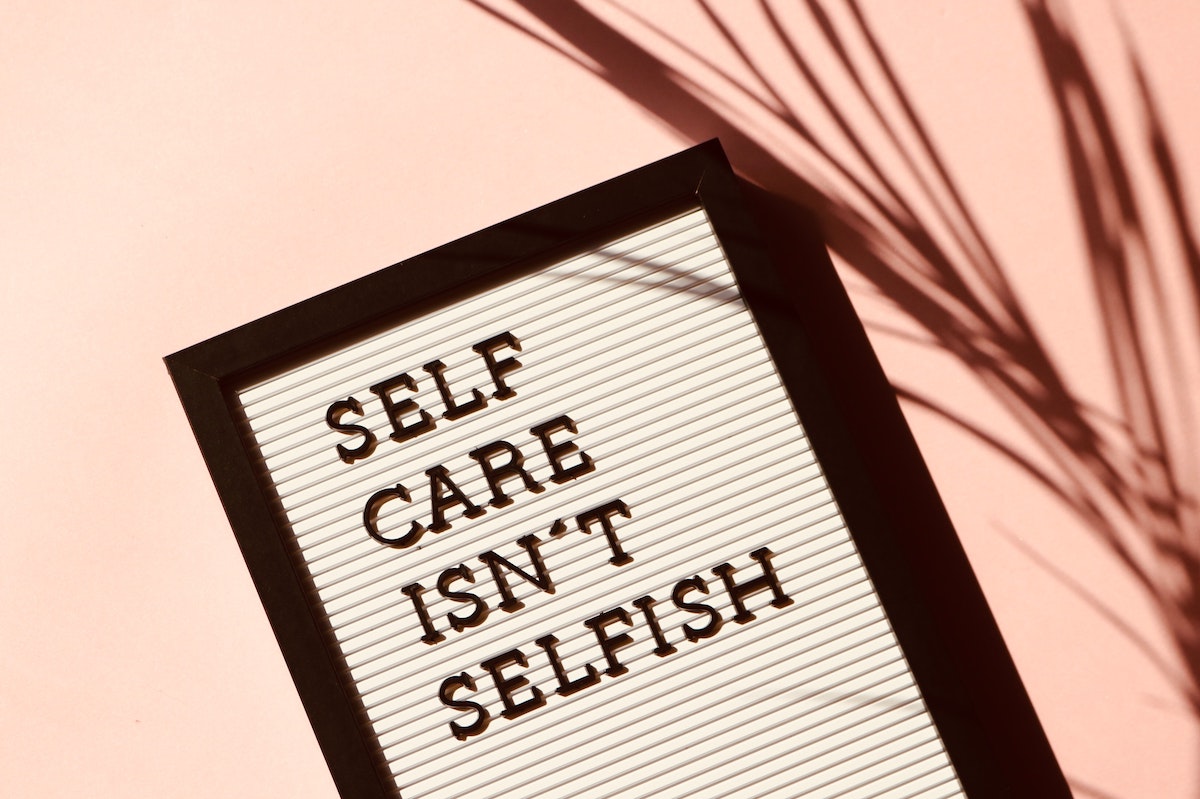With the isolation of social distancing and the fear of the unknown due to coronavirus, mental health matters now more than ever. As stay-at-home guidelines stretch indefinitely, many at home are experiencing increased levels of anxiety and depression fueled by a 24-hour news cycle, misinformation on social media platforms, and the worry that they, too, will become a victim of this rapidly spreading illness.
It’s important that as we come together as a community to flatten the curve of the virus’ impact, we also consider the behavioral health repercussions of this pandemic which could last far beyond physical ones.
While our experience with coronavirus is new, previous pandemics and viral outbreaks have caused a sharp uptick in depression rates and anxiety among the affected population. National reporting estimates that 40 million Americans experience anxiety disorder in a given year — and that’s before we encountered this unprecedented disease.
Mental health resources you can use right now
Misinformation at a time when much of the population is isolated and anxious can be disruptive and dangerous. Individuals who are struggling need access to accurate, evidence-based resources they can access from the safety of their home.
In response to these needs, my company, NeuroFlow, has built a Coronavirus Risk and Anxiety Screener to helps individuals determine whether or not they are at an elevated risk for COVID-19, shares state-by-state guidance for testing, and provides access to educational information and skill-building tools to help cope with unexpected stressors around anxiety, depression and social isolation.
NeuroFlow’s clinical operations team has also put together a collection of resources and tools to help people cope with unexpected stressors during this uncertain time.
Additionally, the National Alliance on Mental Illness and the National Institute of Mental Health are two trusted organizations that are publishing and curating useful content and resources designed to support and promote mental health during the coronavirus pandemic.
[Editor’s note: Also consider these tips from Philly’s On the Goga to up your emotional wellbeing through physical fitness, community support and more.]
Pair telehealth with remote tools that keep patients and providers connected.
Even with the rapid expansion and adoption of telehealth, medical professionals are challenged with accommodating a surge in virtual appointments due to the public’s increase in anxiety and depression as a result of coronavirus. As of late, patients are experiencing long waits for appointments and in-between these sessions.
To support patients before and between appointments, providers and health systems can adopt remote patient engagement tools to complement their telehealth solutions, monitor patient progress and adjust care plans accordingly.
Let’s come together to promote mental health.
Access and engagement around mental health care was a massive challenge for the healthcare system before coronavirus hit. Today, we face a monumental need for behavioral health services and clear thinking, while allocating a limited amount of staff members who are extremely overworked and increasingly unavailable. To preserve the stability and mental health of our communities, we must proactively address these challenges by ensuring that behavioral health resources are available and accessible to all at scale.







